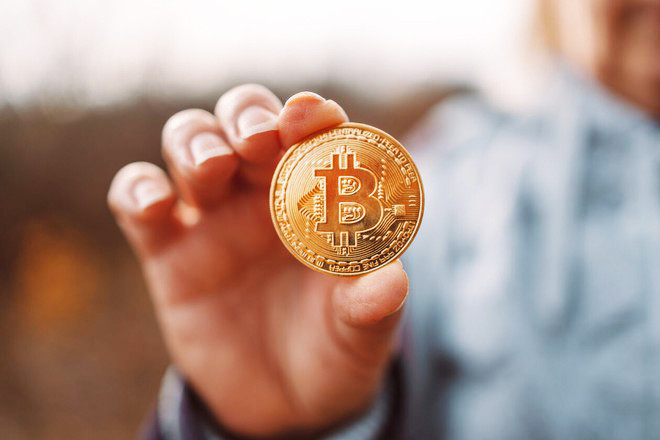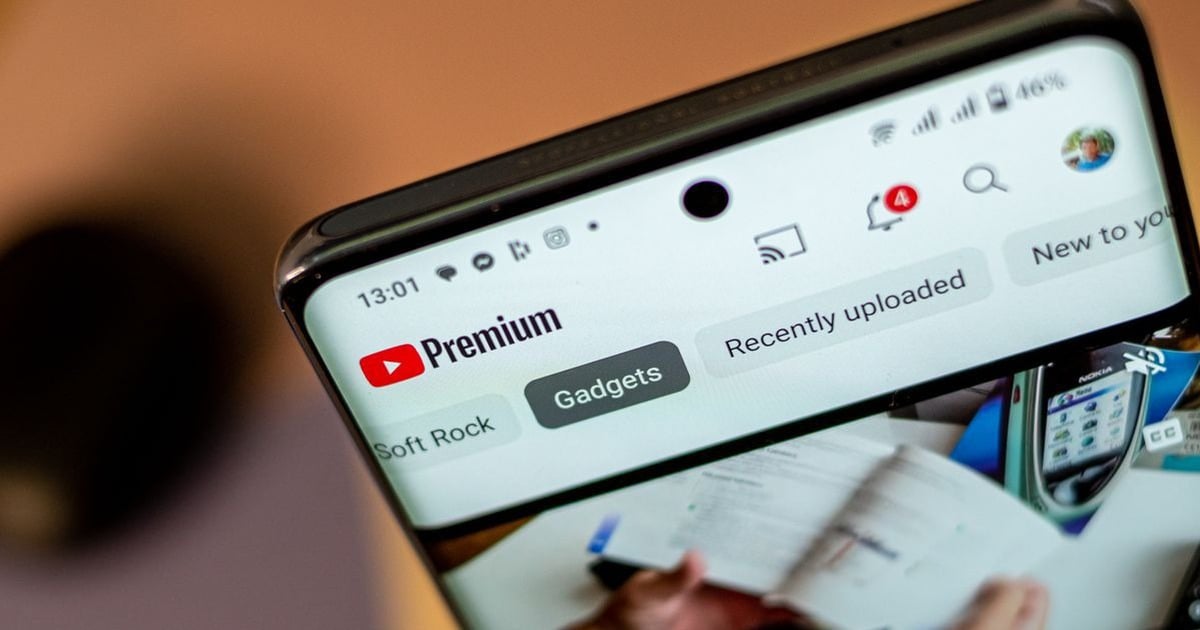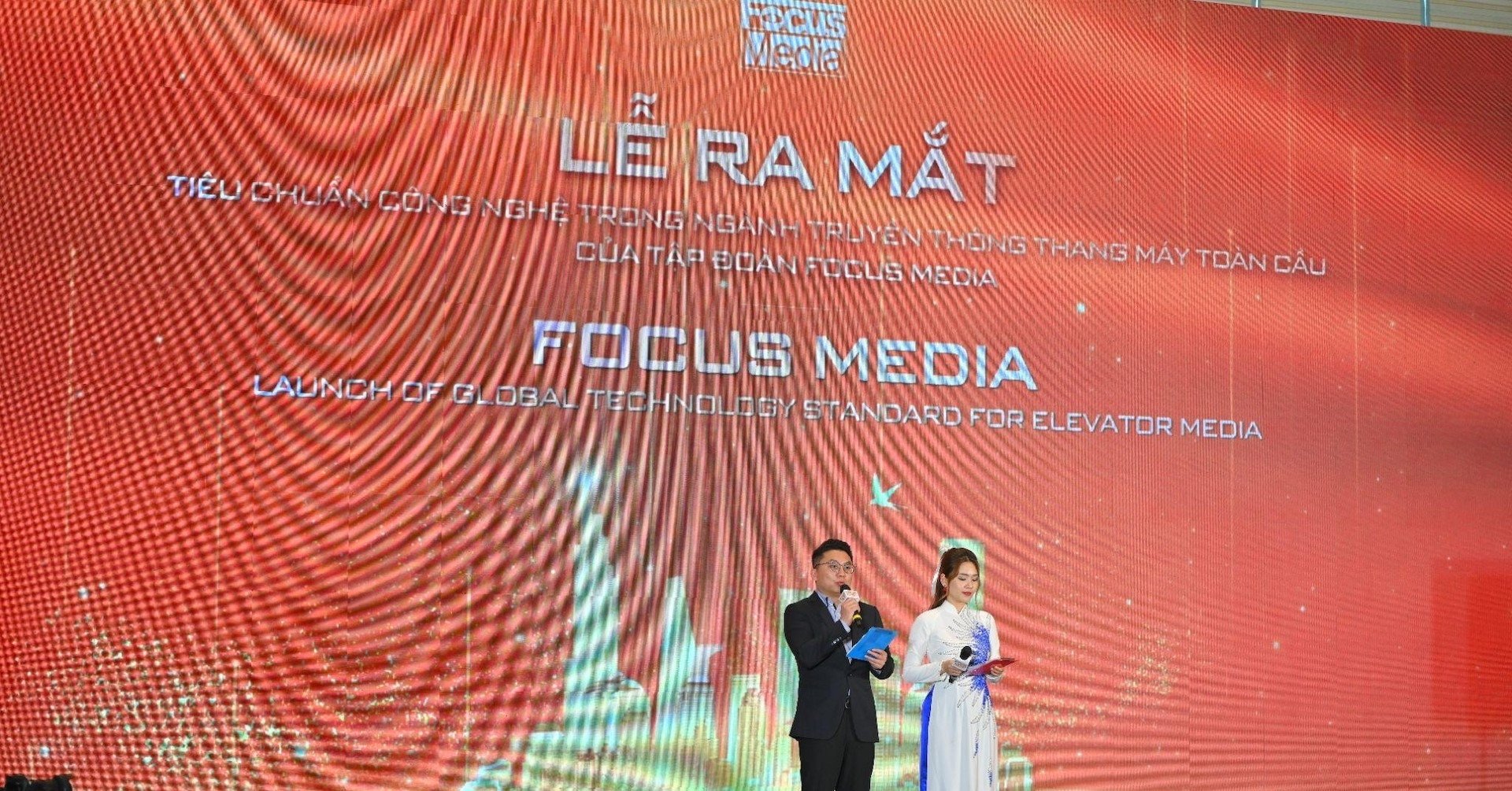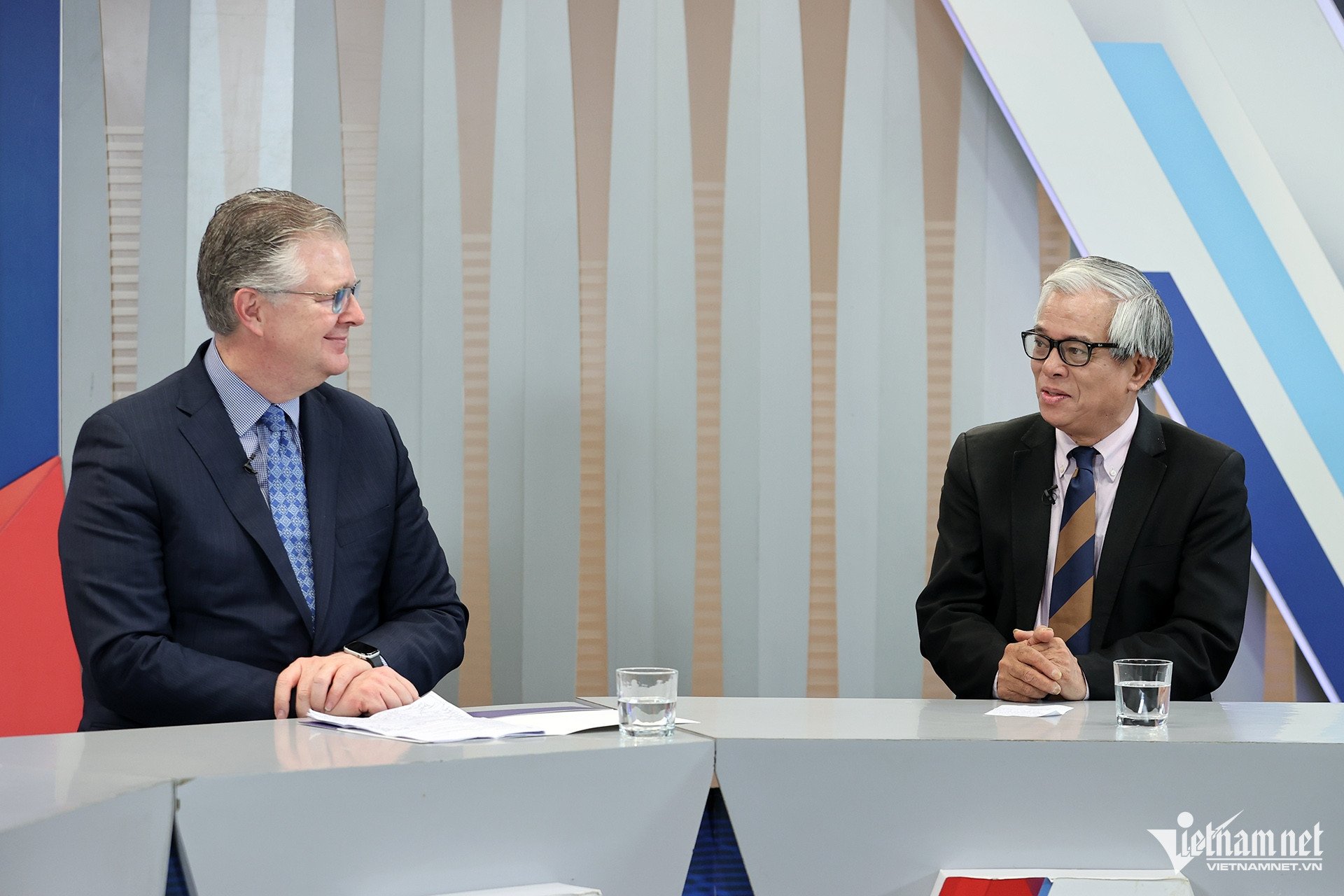The world is witnessing more and more blockchain projects in the field of digital advertising. Last March, the messaging app Telegram announced that it would share 50% of advertising revenue on the platform with users. They are channel owners who agree to join the advertising network.
This money is returned to users in the form of Telegram's utility tokens. Meanwhile, businesses and brands that want to place ads on Telegram will have to transact using the platform's tokens.

Currently, Telegram ads generate 1 trillion views per month, but only 10% of them are financially profitable. By sharing ad revenue with users, Telegram is incentivizing them to be more active and become an important link in the ecosystem.
Previously, the model of sharing advertising revenue directly to users was initiated by social network X (Twitter). However, unlike Telegram, billionaire Elon Musk pays X users in USD, a currency widely accepted in many places around the world.
The technology world is also witnessing the emergence of digital advertising platforms developed according to the “watch to earn” model. There, users will be rewarded with tokens when watching, interacting or participating in games on the platform.
There are more and more advertising business models that combine social and blockchain elements. However, like “move to earn” and “play to earn” before, these business models are often questioned about their sustainability.
To be sustainable over the long term, these platforms must create and maintain value for their reward tokens. Otherwise, they will just be short-lived projects.
Sharing his perspective on this story, Mr. Phan Duc Trung, Vice President of the Vietnam Blockchain Association, said that in the case of Telegram, when developing tokens based on a large community, they will have certain advantages.

However, from the association's perspective, the use of tokens in online advertising activities does not bring benefits, while posing many risks.
Due to the fluctuating prices, token payments are always accompanied by exchange rate instability. Meanwhile, the laws of many countries around the world do not accept, or even prohibit, payment transactions using virtual assets.
Commenting on the revenue sharing model through reward points for users, according to the Vice President of the Vietnam Blockchain Association, from a personal perspective, he does not see the advantage of using tokens to calculate reward points.
According to this expert, the above advertising business models can all be developed using fiat currency (issued by the state), and do not need to use blockchain in essence. If it is possible to not use blockchain but still try to use it to follow the trend, it will only increase costs while not bringing much value.
Blockchain technology only has value for platforms that operate across borders. Therefore, domestic advertising networks, media units, and publishers need to consider carefully when applying blockchain to digital advertising activities.

Source


![[Photo] General Secretary To Lam receives Japanese Ambassador to Vietnam Ito Naoki](https://vstatic.vietnam.vn/vietnam/resource/IMAGE/2025/4/3/3a5d233bc09d4928ac9bfed97674be98)


![[Photo] Special relics at the Vietnam Military History Museum associated with the heroic April 30th](https://vstatic.vietnam.vn/vietnam/resource/IMAGE/2025/4/3/a49d65b17b804e398de42bc2caba8368)
![[Photo] Moment of love: Myanmar people are moved to thank Vietnamese soldiers](https://vstatic.vietnam.vn/vietnam/resource/IMAGE/2025/4/3/9b2e07196eb14aa5aacb1bc9e067ae6f)
























































































Comment (0)